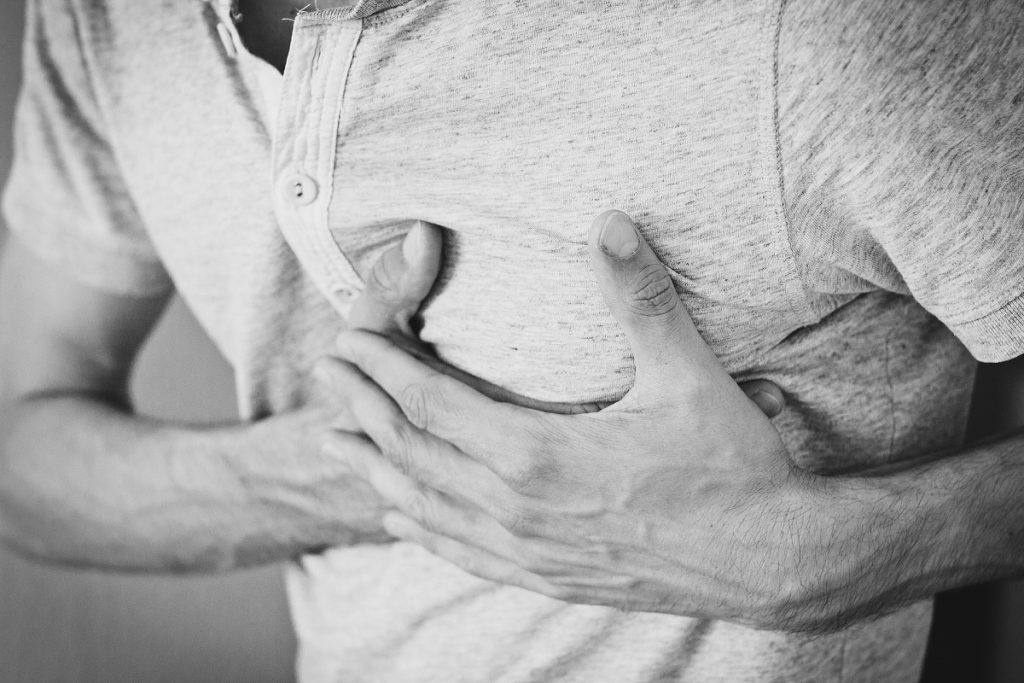Cardiomegaly, also commonly known as an enlarged heart, is a condition in which your heart’s overall size is larger than it must be. It is not a disease, but a warning sign of a heart condition or defect, such as hypertension, heart valve issue, or cardiomyopathy, that’s making the heart function harder than it has to.
In general, the heart enlarges because of two main reasons, either the walls have thickened abnormally or its chambers have become enlarged or dilated.
What Happens When Your Heart is Too Large?
Enlarged hearts typically involve the primary pumping chamber of the heart, which is the left ventricle. In some cases, cardiomegaly develops because of a congenital condition or structural defect. In the majority of cases, however, it develops when the heart becomes weak due to a heart attack or coronary artery disease.
It also happens in other related conditions such as high blood pressure. If you have uncontrolled hypertension, your heart would need to pump blood harder than usual to transport blood to all parts of your body.
In turn, your left ventricle’s muscle or walls will thicken to try and offset the undue pressure on your heart. If you still fail to control your high blood pressure, your heart muscle will eventually get weaker and weaker and cause all kinds of symptoms.
Put simply, for many people, having an enlarged heart is their heart’s way of saying that there’s something wrong with their hearts and that they need to make specific changes as soon as possible to avoid severe complications such as heart failure.
It is therefore critical that you consult with your cardiology doctor in Mt. Pleasant once you notice any warning signs of cardiomegaly.

How Do I Know If My Heart is Too Large?
Sometimes, cardiomegaly doesn’t display symptoms, but when it does, symptoms usually include the following:
- Arrhythmia or abnormal heart rhythm
- Shortness of breath
- Fatigue
- Dizziness
- Edema or swelling in the ankles and legs due to fluid retention
It’s likewise crucial to point out that you need to get emergency help ASAP if you also experience symptoms such as fainting, chest pain, pain in the neck, arms, jaw or back, and difficulty catching a breath.
Should I Be Worried About Having an Enlarged Heart?
While anyone can develop cardiomegaly, you have an increased risk of developing it if one of these risk factors applies to you:
- Having a family history of cardiomyopathy or cardiomegaly, meaning that if you have a sibling or parent with an enlarged heart, you have a high risk of developing it.
- High blood pressure that’s 140/90 or higher.
- If you were born with congenital heart disease or heart conditions that negatively impact your heart’s structural integrity.
- Heart attack and coronary heart disease.
- Heart valve diseases that injure the valves and result in the heart growing bigger.
If you have been diagnosed with any kind of heart problem in the past or are experiencing cardiomegaly symptoms, don’t hesitate to talk to your cardiologist. Getting proper treatment will help keep your heart health in check and prevent potential complications.

